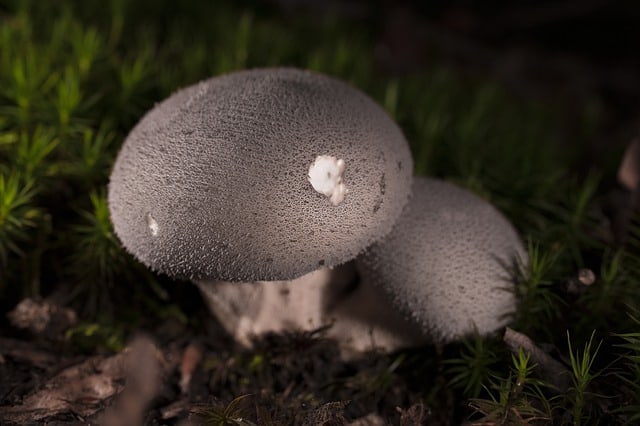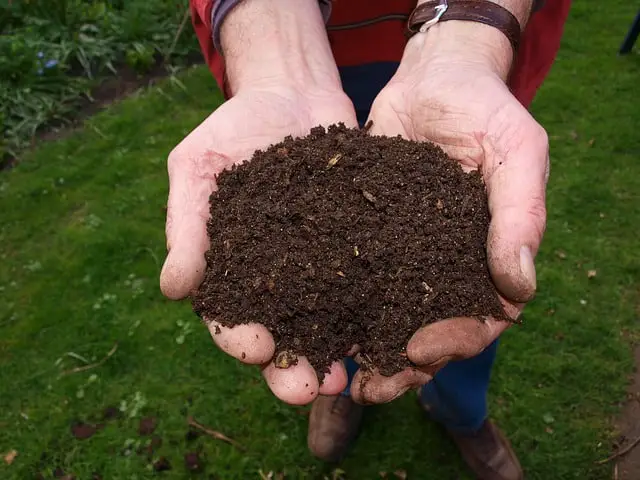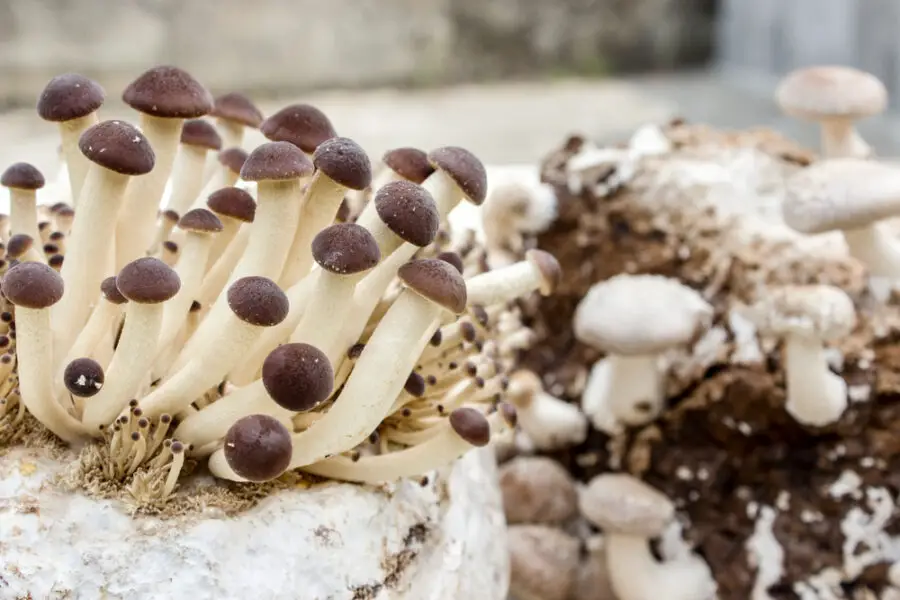Lion’s mane will start to show effects in about two weeks because it has to build up in your system. Studies use lion’s mane extract in time frames ranging from 4 weeks to 4 months.
Lion’s mane is a favorite among mushroom foragers for its unique appearance and taste. But did you know that it has many health benefits? Keep reading and you might just want to start taking lion’s mane extract yourself!
How fast does lion’s mane work and how much should I take?
Lion’s mane usually takes about two weeks to work. Studies have had subjects consume lion’s mane extract for anywhere from 4 weeks to 4 months. This is because it has to build up in the body before taking effect.
How much to take depends on your sensitivity, size, health, age, and reasons for taking it. A general dosage is about 1000mg per day. It is smart to take it with a meal to minimize potential nausea.
You can split the 1000mg dosage so that you’re taking it two or three times a day.
What is lion’s mane?
Lion’s mane is a mushroom that has been used in Chinese medicine for centuries. It has many beneficial chemicals and compounds and is a strong antioxidant.
There are many species of Hericium that are all referenced as lion’s mane. It is hard to tell the difference between species, even for experts. Some species require gene sequencing to be distinguished.
Lion’s mane has no look-alikes and can be identified by its teeth that look like icicles. It tends to be white, sometimes with a yellow or pink tint. When it reaches an orange color, it’s past its prime.
How does lion’s mane fight free radicals?
A study conducted in 2012 by Noorlidah Abdullah found that lion’s mane has a lot of antioxidant activity. But why is that important?
Oxidation in the body causes free radicals. Free radicals are damaging to humans and have been linked to many diseases.
Antioxidants are found in food and fight free radicals.
Antioxidants can reduce the risk of many diseases, like some cancers and heart disease.
There are different kinds of antioxidants, such as lycopene, lutein, and flavonoids. Each type of antioxidant has different benefits, but they all fight free radicals.
How does lion’s mane improve immune function?
Lion’s mane mushrooms may boost intestinal immune system activity. There is also a protein in lion’s mane that helps beneficial gut bacteria grow, which strengthens immunity.
Humans have more bacterial cells in the body than they do human cells. These bacterial cells, especially those found in the gut, improve our health.
The immune system protects us from harmful and foreign invaders. It activates when it recognizes something in the body that doesn’t belong to us, and attacks it.
By increasing the intestinal immune system and helping the gut microbiome, lion’s mane helps improve the immune system.
How does lion’s mane improve anxiety and depression?
Multiple animal studies suggest that lion’s mane improves symptoms of anxiety and depression.
According to the National Library of Medicine, mice who ate lion’s mane extract showed fewer symptoms of depression and had blood markers that pointed to lower depression.
Another animal study had the same findings, and the authors concluded that the mushroom may contain components that can help depression.
There was a small study consisting of Japanese women who had various health complaints. For 4 weeks, some ate cookies with lion’s mane extract and some ate cookies that were placebos. Those who ate the extract reported less irritation and anxiety.
How does lion’s mane improve cognitive health?
While most research on this topic is done on animals, there is a possibility that lion’s mane can improve cognitive health.
In one study, mice who consumed lion’s mane had better memory and object recognition.
According to the US National Library of Medicine, lion’s mane may be able to prevent or treat diseases like Alzheimer’s or Parkinson’s.
An old Japanese study was conducted on adults between 50 and 80 years old. They all had slight cognitive impairment. Consuming lion’s mane extract every day for 4 months increased their cognitive function, while it decreased again once they stopped taking the lion’s mane extract.
How does lion’s mane fight cancer?
Because lion’s mane is so rich in antioxidants, it may have a place in cancer treatment or prevention.
One in vitro study indicated that lion’s mane extract may be able to play a role in fighting leukemia.
In another study with animal models, it was found that the extract might also fight gastric, colon, and liver cancer cells. It is not conclusive as to whether or not it would do the same in people.
How does lion’s mane help diabetes?
Diabetes management boils down to controlling the levels of blood sugar.
In a study conducted by BMC Complementary Medicine and Therapies, it was found that rats with diabetes had blood sugar levels that decreased after they took lion’s mane extract for 4 weeks.
One complication of diabetes is nerve damage because of long periods of high levels of blood sugar.
Another study conducted on rats, where they took lion’s mane extract for a total of 6 weeks, had promising results. The rats had more antioxidant activity, reduced nerve pain, and lower blood sugar levels.
How does lion’s mane improve digestive health?
Lion’s mane fights inflammation, so it will inadvertently help digestive health. This may be helpful for people with inflammatory bowel disease.
In vitro studies show that lion’s mane can create antibacterial activity which improves digestion.
Research done on mice mimics these findings and shows that lion’s mane extract can even prevent stomach ulcers.
What are the risks and side effects of lion’s mane?
People in many Asian countries eat lion’s mane regularly, and it has proven itself to be safe to eat as part of your normal diet.
The safety of supplements is hard to study because supplements aren’t regulated the way food and drugs are.
But even in animal studies that used high doses, there were no negative side effects of lion’s mane.


